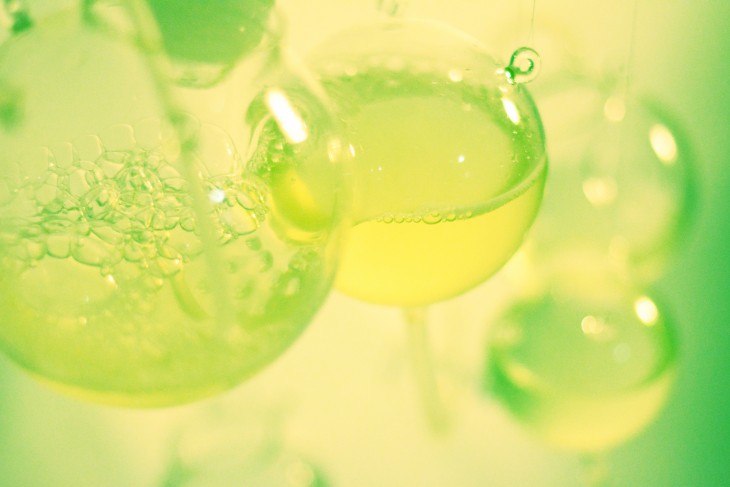Group 2
IS.1 – Introductory Studio
The Morphogenesis of an Urban Photobioreactor
-Active Public Space-
Senior Faculty: Claudia Pasquero, Carmelo Zappulla
Student Assistant: Sebastian Amorelli

The course is a speculation on what we call Post Kitchen Gastronomy. We will work at the intersection of biology, computation and design to map to potential for new spaces of cultivation and consumption in the city of Barcelona.
The studio’s mission has been in the last year to investigate the city environment from an essentially non-anthropocentric point of view, as we believe that in a global world it is impossible to draw neat boundaries between nature and artifice, landscape and city, and ultimately between the biosphere and the urban-sphere.
We believe that, if human beings are part of an ecology, then the objects humans make should also be part of it. For instance, human cities resonate with colonies from other species, such as wasps, ants or bees.
Among humans and insects alike, inhabitable spaces are the result of a deliberate organization of material, energy, information and a continuous interaction with the environment, whose goal is to help develop tight-knit communities.
However, humans seem to make an essentially unbalanced use of energy and matter within the biosphere, thus causing a rupture of the relationship between artifacts and environment.
But this fact alone is not sufficient to justify the view that human production is merely artificial, as nature will still want to keep a balance, and, when this happens, the consequences for mankind are often catastrophic.
Therefore, for our own good, we make all possible efforts to view human activities as continuous a with natural ecostystems. This seemingly insignificant paradigm shift might, in fact, have enormous consequences, insofar as it aims to instill in human beings the idea that they really belong to nature, and also raise awareness of the natural processes they have to face up with. The implicit becomes explicit.
But, at the same time, we should also avoid any representation of nature as a bucolic, wild and untouched realm separated from human activity. Mankind interacts with the environment insofar as both are parts of one single system. In spite of this, human societies exploit the environment with the sole aim of producing wealth. Therefore, the natural environment is, at the same time, our habitat and a source of profit, and this leads to the paradox which is the root of the emergence of the ‘Anthropocene Age’.
The studio will investigate production and consumption of food in the Anthropocene Age and the students will be designing photobioreactors for productions and consumption of future food.
Each student will research, design and produce 1 photobioreactor.
The studio will operate as a single team and the result will be a 1:1 installation made up of photobioreactors.